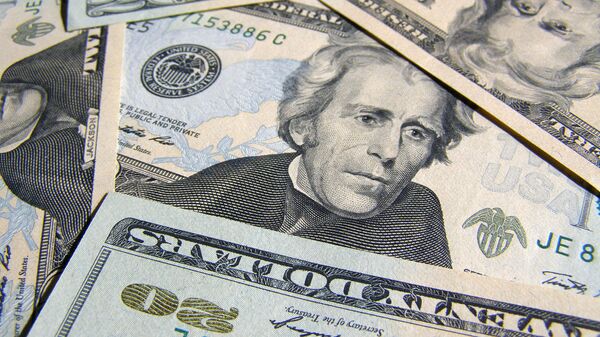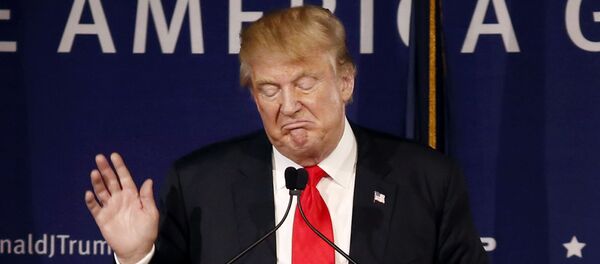According to finance analyst and Expert.ru contributor Anna Koroleva, while the strong dollar may seem like an indication of the revival of the US economy, the reality is that "such a meteoric rise of its currency could undermine economic growth in the US," and poses a threat to the world economy as well.
Last week, Joachim Fels, global economic advisor for Pimco, a private investment management firm controlling over $1.5 trillion in assets, told Reuters that both the US and emerging markets would be negatively affected by a dollar that's too strong.
"And there are other problems," Koroleva explained. "A strong dollar and rising Treasury yields makes it significantly more expensive for non-financial borrowers outside the US to service dollar-denominated debt," whose total amount is nearing $20 trillion. "Dollar-denominated loans and investments may be affected too, and on a global scale. Emerging markets, which depend on foreign capital and are vulnerable to capital outflow, will also face pressures," she said.
Rogova stressed that the strong dollar also harms the US's ability to service and pay off its own massive debt, given that it would be easier for the country to pay if inflation were higher.
At the same time, she said, "if we take into account that most commodities are denominated in dollars, growth of the currency will have a negative impact on the cost of raw materials and therefore, the economies of countries including Australia, New Zealand, Canada and Russia."
Ultimately, Bodrova stressed, "like it or not, support for the national currency comes first and foremost from within. Additionally, the 'hot money' [yield-sensitive capital] which had previously worked in the economies of developing countries is now returning home to the United States. This is evident by interest in 10-year bonds." At some point in the future, the strength of the dollar will have a negative impact on US debt. But for now, "the trend of appreciation in the currency's value looks logical."




